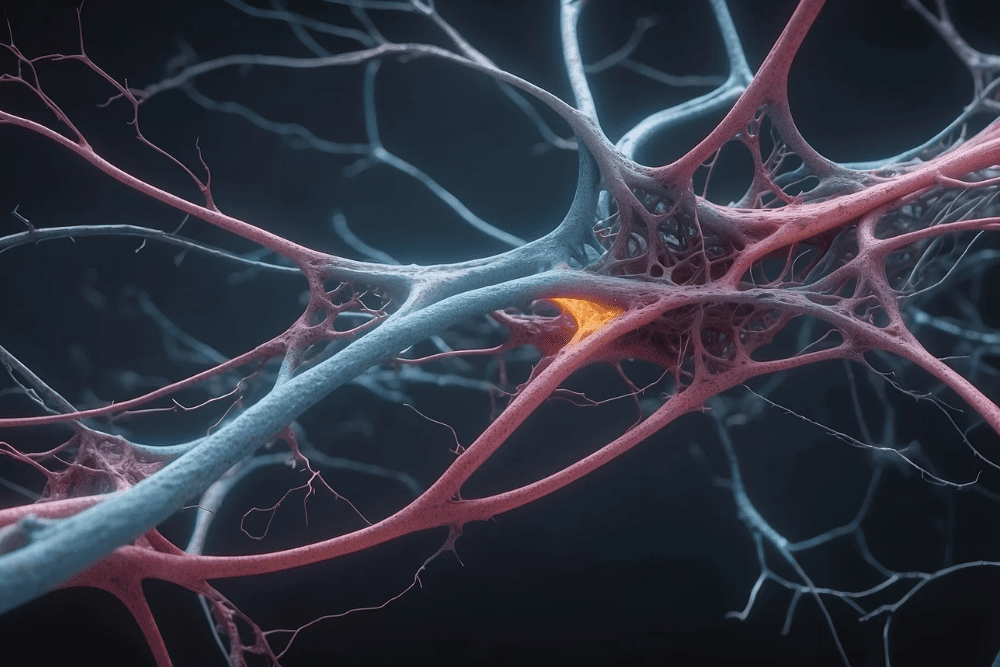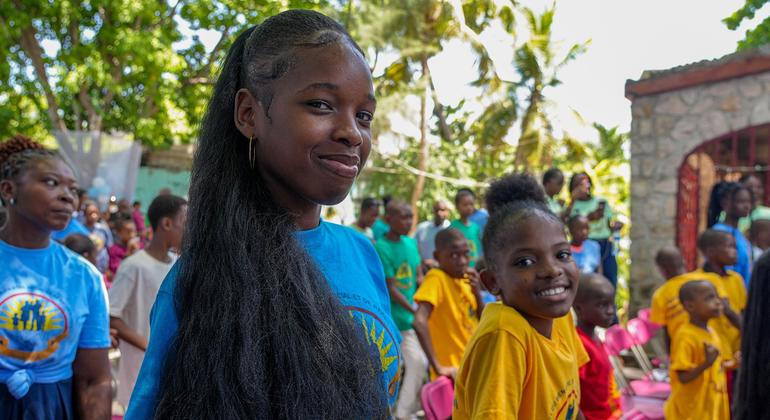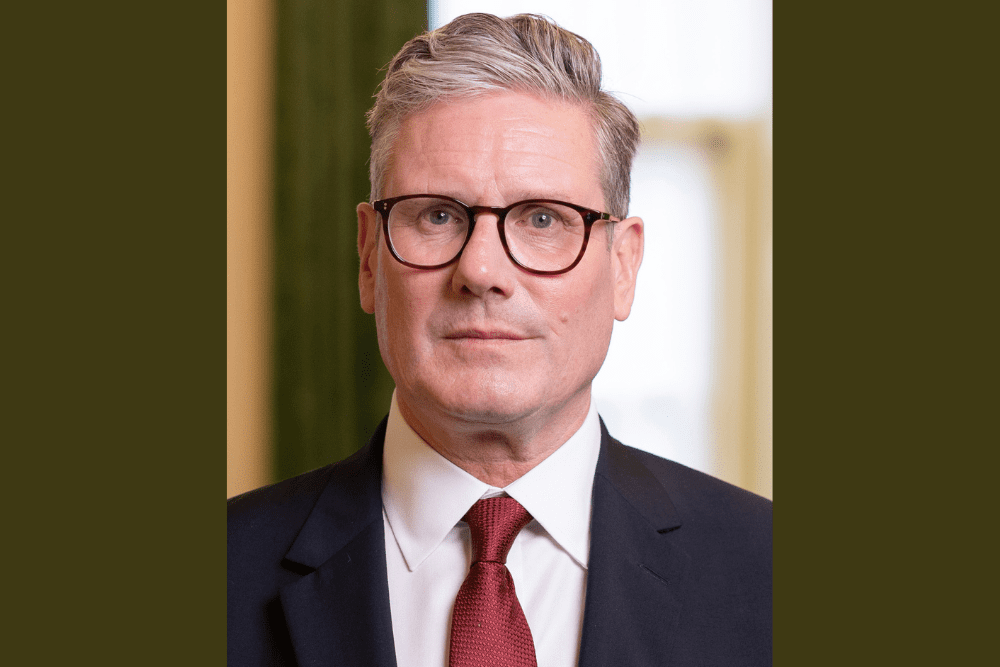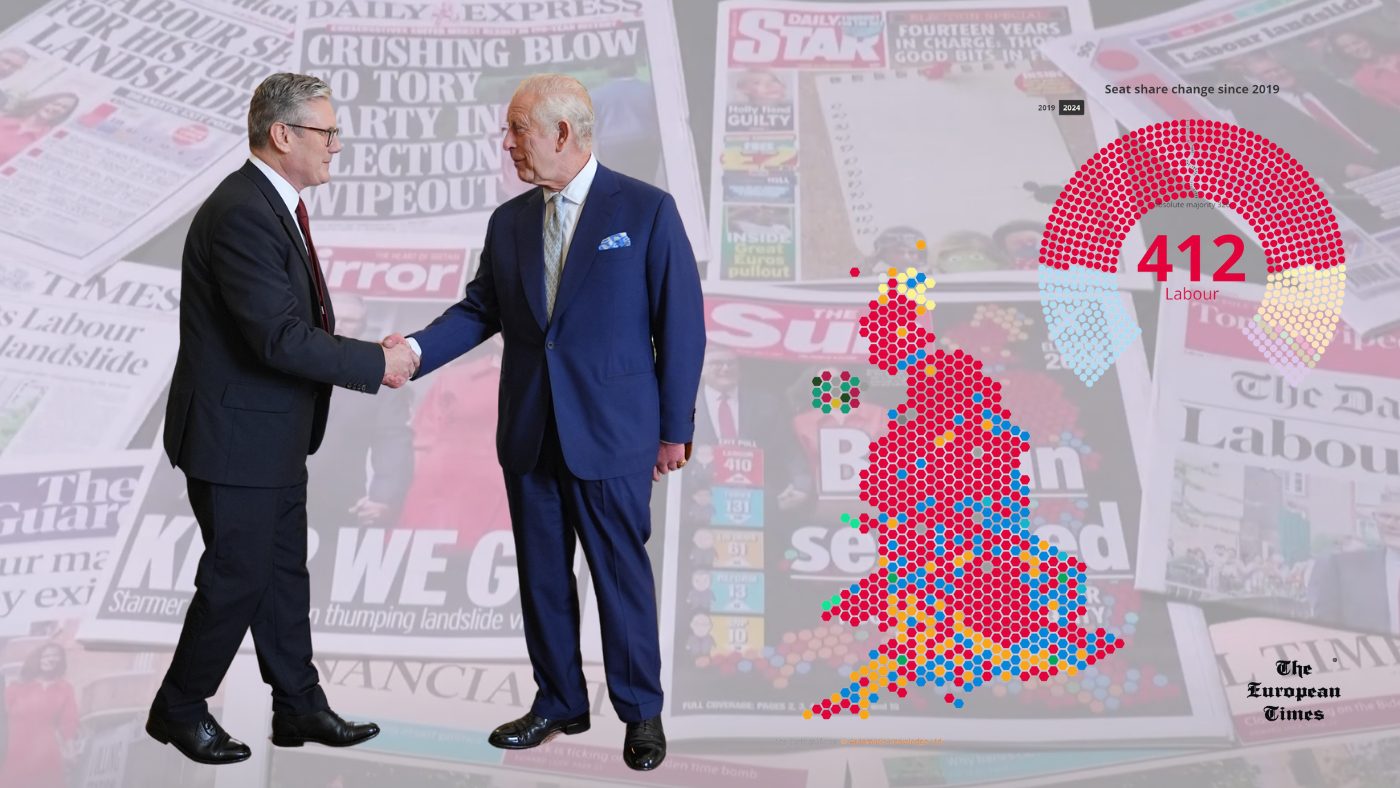“This morning, we heard views from members of Afghan civil society, women and men, who provided us – the special envoys and the UN – with valuable insights on the rights of women and minorities in the country, girls’ education, the media, business and many other issues,” Rosemary DiCarlo, UN Under-Secretary-General for political affairs, told the media in Doha, emerging from the Third Meeting of Special Envoys on Afghanistan.
“They shared their views and perspectives on the Doha process, as well as on engagement between Afghanistan and the international community generally … our exchange was extremely important and useful,” she added.
The ongoing talks in Doha was the first instance the Taliban de facto authorities attended the discussions. They did not participate in the first and second rounds, held in May 2023 and February 2024.
The consultations build upon the proposals outlined in an independent review on an integrated and coherent approach conducted by Feridun Sinirlioğlu, in line with Security Council resolution 2679.
Dialogue built on honesty
Ms. DiCarlo underscored that this is still the beginning of this process, and it will take time and patience.
She added that there is a need to build trust on all sides, emphasizing that the dialogue must built on honesty and on principles – those of the UN Charter and the various human rights treaties that Afghanistan is a party to.
However, helping all the people of Afghanistan remains the main objective, she said.
Answering questions on whether she thinks that human rights and civil rights is an internal issue in Afghanistan, Ms. DiCarlo stressed that she made it clear during the talks that Afghanistan has signed on to a number of treaties and international agreements that focused on human and civil rights, and Afghanistan, as a country, is bound by these agreements, therefore it is not an internal issue.
Rights experts call on Belarus to pardon older persons in prison
UN independent human rights experts called on Belarusian authorities to pardon or remit the sentences of older persons imprisoned on political charges.
In a news release, the experts – including the Special Rapporteur on the situation of human rights in Belarus – said they received a list of 63 persons aged over 60, including 15 women, imprisoned for “real or suspected political opposition.”
Most are serving sentences up to 25 years, some are in pretrial detention and others face compulsory psychiatric care. Several detainees suffer from chronic diseases, acute illnesses, or disabilities.
“According to various sources, inmates who have been included in these lists are submitted to various forms of ill-treatment, including incommunicado detentions and denial of prompt and adequate medical care, as well as to restrictions on correspondence and money transfers,” the experts said.
Last month, the Belarusian parliament proposed amnesty for those of pension age, but it would not apply to prisoners convicted of offences like gross violation of public order, harming national security, slander against the President or discrediting Belarus.
“Which are frequently misused for politically motivated prosecutions,” the experts noted.
They also pointed to the incompatibility of Belarusian counter terrorism and extremism laws with international human rights law and reiterated their call for Belarus to comply with its international obligations and release all persons unfairly convicted for exercising their human rights.
Appointed by the Geneva-based Human Rights Council and forming part of its Special Procedures, the Special Rapporteurs are mandated to monitor and report on country or thematic human rights situations. They are not UN staff and do not draw a salary.
Rights committee urges India to halt detention of Rohingya refugees
The Committee on the Elimination of Racial Discrimination called on India to cease the arbitrary mass detention of Rohingya refugees and refrain from forcible deportation and returns to Myanmar, where they could face serious human rights violations and abuses.
The Committee said it was “concerned about reports of arbitrary mass detention of the Rohingya, including children, in inadequate conditions and in some cases without due process or access to legal representation.”
It expressed alarm about reports of “several cases of forcible deportation and returns to Myanmar between 2018 and 2022 as well as the ongoing risk of deportation of the remaining Rohingya in India, in violation of the principle of non-refoulement.”
It also urged India to end the arbitrary mass detention of the Rohingya, and only apply immigration detention as a measure of last resort – for the shortest possible period – and to provide detained Rohingya with legal safeguards and access to legal counsel.
The Committee further called on India to “end racial discrimination against Rohingya and to remove restrictions preventing them from enjoying their rights without discrimination, in particular with regard to access to employment, health and education, especially by ensuring the issuance of long-term visas and other identity document.”
The Committee is a body composed of 18 independent experts that monitors implementation of the Convention on the Elimination of All Forms of Racial Discrimination by its States parties.
Its members are elected by the States parties to the Convention and serve in their personal capacity, independent of the UN and governments.
Global trade rises in early 2024, adding $350 billion in goods and services
Global trade trends turned positive in the first quarter of 2024, with the value of trade in goods increasing by around 1 per cent quarter-over-quarter and services by about 1.5 per cent, the UN trade and development body (UNCTAD) reported.
The surge was fuelled by positive trade dynamics for the United States and developing countries, particularly large Asian developing economies, according to UNCTAD’s Global Trade Update for July 2024.
“This is expected to add approximately $250 billion to goods trade and $100 billion to services trade in the first half of 2024 compared to the second half of 2023,” it said.
UNCTAD also reported that global forecasts for gross domestic product (GDP) growth remain at around 3 per cent for 2024, “with the short-term trade outlook being cautiously optimistic.”
“If positive trends persist, global trade in 2024 could reach almost $32 trillion, yet it is unlikely to surpass its record level seen in 2022,” it added.
Challenges persist
The report also voiced concern over the impact of geopolitical and policy challenges.
Despite these positive trends, “the outlook for 2024 is tempered by potential geopolitical issues and industrial policy impacts”, UNCTAD said.
Geopolitical tensions, rising shipping costs, and emerging industrial policies could reshape global trade patterns, it added, warning that an increasing focus on domestic industries and trade restrictions could hinder international trade growth.















